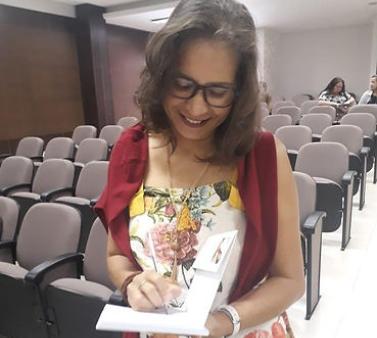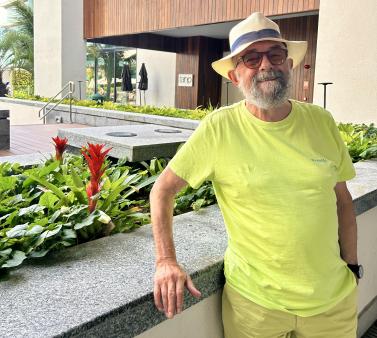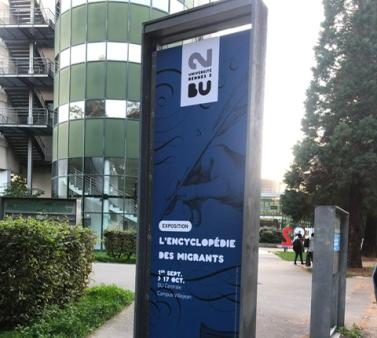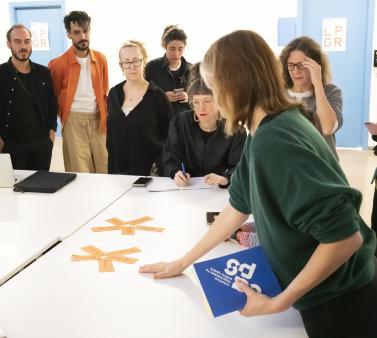The title of Doctor Honoris Causa is conferred by the President of the University following consultation with the Minister of Foreign Affairs, upon recommendation of the Board of Directors. The Board deliberates based on the favorable opinion of the council of the relevant institute, school, or academic unit if the title is proposed for a person whose work or actions fall within the domain of that entity.
Doctors Honoris Causa of the Rennes 2 University
1977
- Mario Soares – A historic figure in the opposition to Portuguese dictatorships, founder of the Portuguese Socialist Party, Prime Minister and President of the Republic of Portugal.
1987
- Robert Leaper – Emeritus Professor of Social Policy, University of Exeter; President of Age Concern in Exeter and trustee of Age Concern England.
- Jean-Pierre Wallot – Québécois historian, associate professor at the Universities of Montreal and Ottawa, elected to the Royal Society of Canada, recipient of the Tyrell Medal.
1994
- Mario Vargas Llosa – Peruvian writer, essayist, and novelist, naturalized Spanish in 1993, Nobel Prize in Literature in 2010.
- Richard Ford – American writer and novelist, Pulitzer Prize winner in 1996, Andrew Carnegie Medal for Excellence in Fiction in 2013, Prix Femina Étranger in 2013.
- Radu Toma – Professor of French Language and Literature at the University of Bucharest, Romania.
1996
- Mary Robinson – Elected President of Ireland in 1990, first head of state to visit Rwanda after the 1994 genocide, first president to visit Somalia after the 1992 crisis, recipient of the CARE Humanitarian Award, UN High Commissioner for Human Rights in 1997.
1999
- Alpha Oumar Konaré – Malian statesman and historian, President of the Republic from 1992 to 2002, President of the African Union Commission from 2003 to 2008, member of the High Council of La Francophonie.
2005
- Jorge Edwards – Chilean writer and diplomat, recipient of the Cervantes Prize in 1999, ambassador to UNESCO in Paris in 1994, Chilean ambassador to France from 2010 to 2014 in Paris.
- Miguel Ángel Estrella – Argentine pianist, kidnapped and tortured from 1977 to 1980 in Uruguayan prisons, naturalized French in 1985, Argentine ambassador to UNESCO in 2003.
- Jules Wilmet – Belgian geographer, emeritus professor at the Catholic University of Louvain.
2007
- Jorge Semprún – Spanish writer, essayist, screenwriter, and politician, Prix Femina in 1969, member of the Académie Goncourt.
- Paul L. Harris – British psychologist specializing in child development, professor at Harvard University.
- John Hume – Key figure in Northern Irish politics and the Good Friday Agreement negotiations, Nobel Peace Prize laureate in 1998.
- Abdellatif Laâbi – Moroccan poet, novelist, playwright, and translator, recipient of the Goncourt Prize for Poetry in 2009.
2012
- Adonis – Born Ali Ahmed Said, Syrian poet and literary critic writing in Arabic and French.
- Claudio Rodríguez Fer – Galician poet, storyteller, playwright, and essayist, professor of language and literature at the University of Santiago de Compostela in Spain.
- Jose Viña Ribes – Professor of Physiology at the University of Valencia, Spain, specialist in aging, nutrition, and sports sciences.
2017
- Carlo Ginzburg – Italian historian, specialist in the trials of the Inquisition, considered the father of “microhistory.”
- Ramon Villares Paz – Historian, specialist in agrarian and political history of the rural world in Galicia during the 19th and 20th centuries.
2020
- Michael D. Higgins – Irish statesman and poet, President of the Republic of Ireland.
2021
- André Gaudreault – Québécois film historian and theorist, specialist in early cinema, professor at the University of Montreal.
2022
- Martha Rosler – Visual artist, major figure in contemporary American art.
- Denis Mukwege – Gynecologist-surgeon, Nobel Peace Prize laureate in 2018 for his fight against sexual violence toward women in the Democratic Republic of the Congo.




